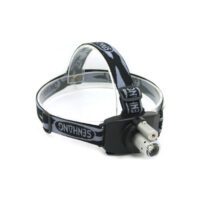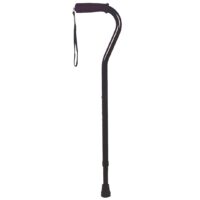Balance and Falls Prevention Class

Enhance Your Stability: Balance and Falls Prevention Class
Empower Yourself with Enhanced Balance: Join Our Classes
At Clayfield PhysioWorks, we offer special group exercise classes focused on improving balance and preventing falls. These classes, led by skilled physiotherapists, cater to individuals looking to enhance their balance, stability, and overall well-being.

Personalised Care for Your Unique Needs
Each journey begins with a one-on-one assessment, allowing our physiotherapists to tailor exercises to your individual needs. Our classes, held every Tuesday from 12:00 pm to 12:40 pm, feature a warm-up, six exercise blocks, and a cool-down phase, all designed to foster your progress in balance and stability.
Track Your Progress and Achieve Your Goals
We offer continuous progress tracking with a reassessment after six weeks. This approach helps in evaluating your improvement and deciding whether to continue in the classes or transition to a home-based program.
Affordable and Accessible Solutions
We offer flexible pricing options, including individual and package rates. Additionally, you may be eligible for private health rebates, making these classes even more accessible.
Stay Connected with Your Healthcare Journey
For those referred by a doctor, we provide comprehensive reports to integrate seamlessly with your healthcare plan. Our commitment to open communication ensures that your regular doctor remains informed about your progress.
Enrol Now and Invest in a Healthier, More Balanced Life
Don’t miss this opportunity to enhance your quality of life. Book your spot in our Balance and Falls Prevention Class and take a significant step towards a healthier, more balanced life. Contact Clayfield PhysioWorks today to get started!
Conclusion
Balancing exercises play a crucial role in preventing falls, particularly as we age. Regular participation in our Balance and Falls Prevention Class can lead to improved stability, reduced risk of falls, and enhanced overall health.
What to Do?
If you’re experiencing balance issues or want to improve your stability, it’s essential to seek professional advice from a physiotherapist. They can assess your condition and recommend the most suitable exercises for you.
Enrol Today for a Healthier You!
Booking your place in our Balance and Falls Prevention Classes is easy! You have two straightforward options: book online or give our clinic a call.
Here’s a quick guide to help you choose the right booking type:
1. Already had a balance assessment by a physiotherapist? Great! Go ahead and select ‘Physio-Led Group Balance Class‘ when you book.
2. Haven’t had a balance assessment yet? No worries. Choose ‘Initial Clinical Balance Assessment‘. This step is crucial before joining a class. It helps us customise the exercises to suit your specific needs.
Remember, getting the right assessment first ensures you get the most benefit from the classes. See you soon!
Related Articles
- Balance Improvement Strategies – Discover practical methods to improve your balance.
- Effective Exercises for Enhancing Stability – Learn about specific exercises designed to boost stability.
- Overcoming Balance Disorders – Understand common balance disorders and ways to manage them.
- Managing Dizziness Through Physiotherapy – Find out how physiotherapy helps in dealing with dizziness, a factor affecting balance.
- The Role of Exercise in Preventing Falls – Understand how regular exercise contributes to fall prevention.


















